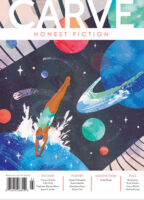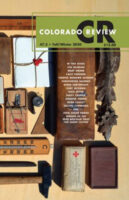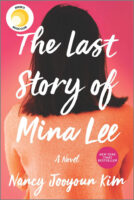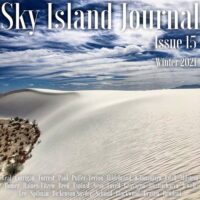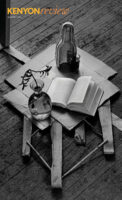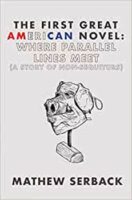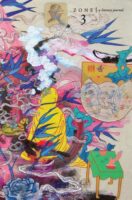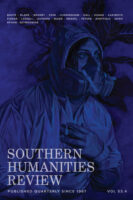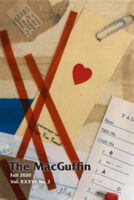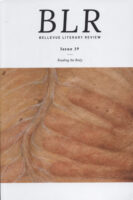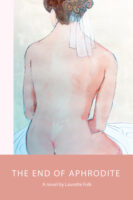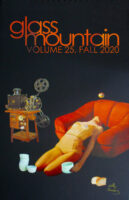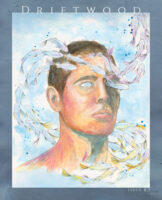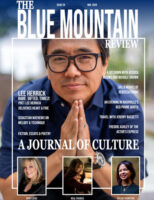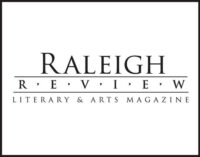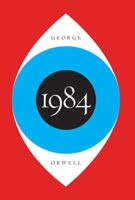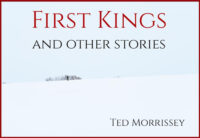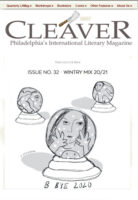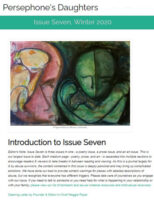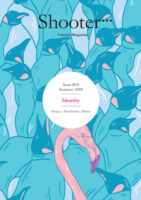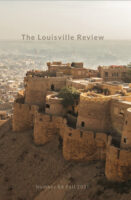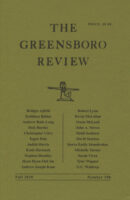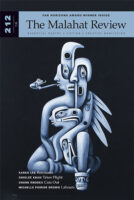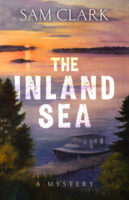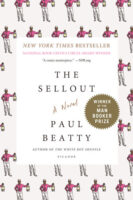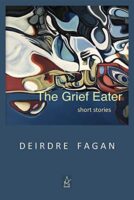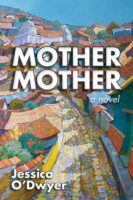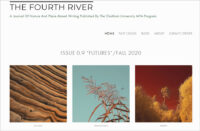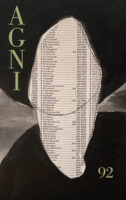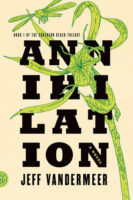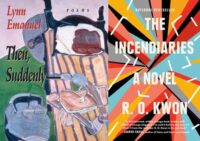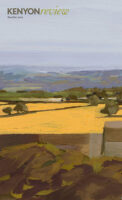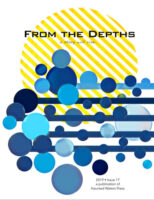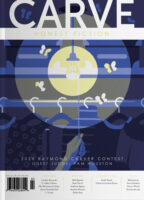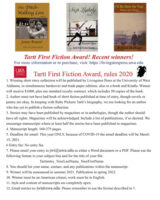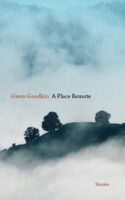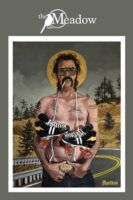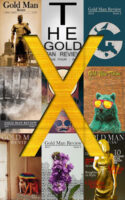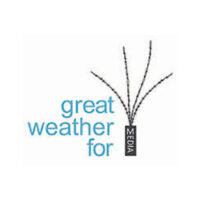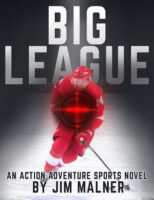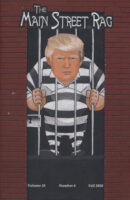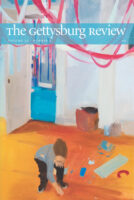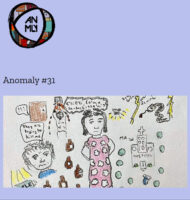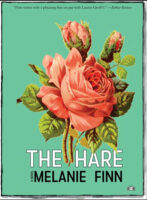 Guest Post by Samantha Kolber.
Guest Post by Samantha Kolber.
This is the second novel I have read by Melanie Finn, and I am simply in love with her writing! It is smart and atmospheric, with the pull of a literary thriller but with meat and heart.
In her new novel The Hare (available now for pre-order), Rosie is an amazingly complex character, and Finn captures her porous self so well. In the beginning, we are coming-of-age with Rosie as she struggles to find her voice, her artistic vision, and her Self in a world dominated by men—men’s desires and needs have always come first, and Rosie is no stranger to that sublimation. But as the book moves through time, we see Rosie gaining strength, getting strong in the woods where she hunts and forages to keep herself and her infant daughter alive after they are left by the wealthy castaway boyfriend, Bennett.
The book takes some twists and turns, and Rosie grows older, hardened, yet still a loving soul, just like Finn writes of the trees on the barbed wire fence line in the forest: “The trees absorbed the cruel wire, grew straight and tall, regardless.” What an apt metaphor for women in this world: we absorb the traumas, the violence, the sleights to our sex, and grow strong, regardless.
I felt so close to the setting, too, I could often hear the fallen leaves crunching underfoot, or smell the woodstove smoke on a crisp winter evening. The complicated relationship between mother and daughter, cocooned together in a life of survival and secrets in a cabin in Vermont, is also captured well here.
Finn is a master of complication made visible through taut and beautiful words. I highly recommend this book.
The Hare by Melanie Finn. Two Dollar Radio, January 2021.
Reviewer bio: Samantha Kolber of Montpelier, Vermont, is a poet, editor, and author of a poetry chapbook, Birth of a Daughter (Kelsay Books, 2020). Learn more at www.samanthakolber.com.
